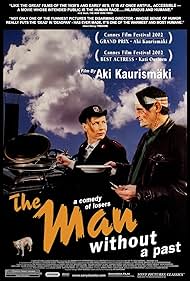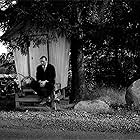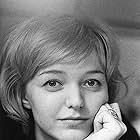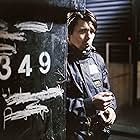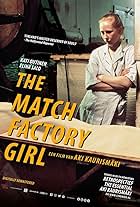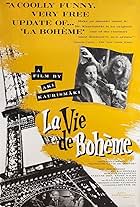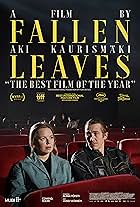Herzog introduced me to the tension created by moving back and forth from highly styled scenes to realistic ones in syncopated steps. It has an extraordinary effect; I do not know who first devised this technique, but it matters.
Sometimes, you will see it adding value on the real side. Rarely is it ever used this way, to multiply anchor a minimalist sketch of fate. Jarmusch does this, perhaps being the master, but this is pretty clean, novel and effective as well. Its because Fins are inherently minimalist in a particularly overt way. Stylized in a stylized way, perhaps to stand above its neighbors who value cleanliness but only after passing through terminal sophistication.
There is a sweet purity to this man we see, and the man we do not who made the thing. There is an honor in just getting up in the morning. The people here are either honest and generous — even the local cop who exploits the poor — or crippled participants in the machine. Everyone with a conventional job is in this latter class.
Just as with most Jarmusch, music and the enrichment it brings, is woven into the story as an intrinsic element. The music itself is highly stylized, and like the film is an abstraction of deep, rich emotion. It is played here by a Slavation Army band our hero brings to musical salvation. The love story matters I think, because it depends on nothing other than simple need and directness.
Ted's Evaluation -- 3 of 3: Worth watching.
